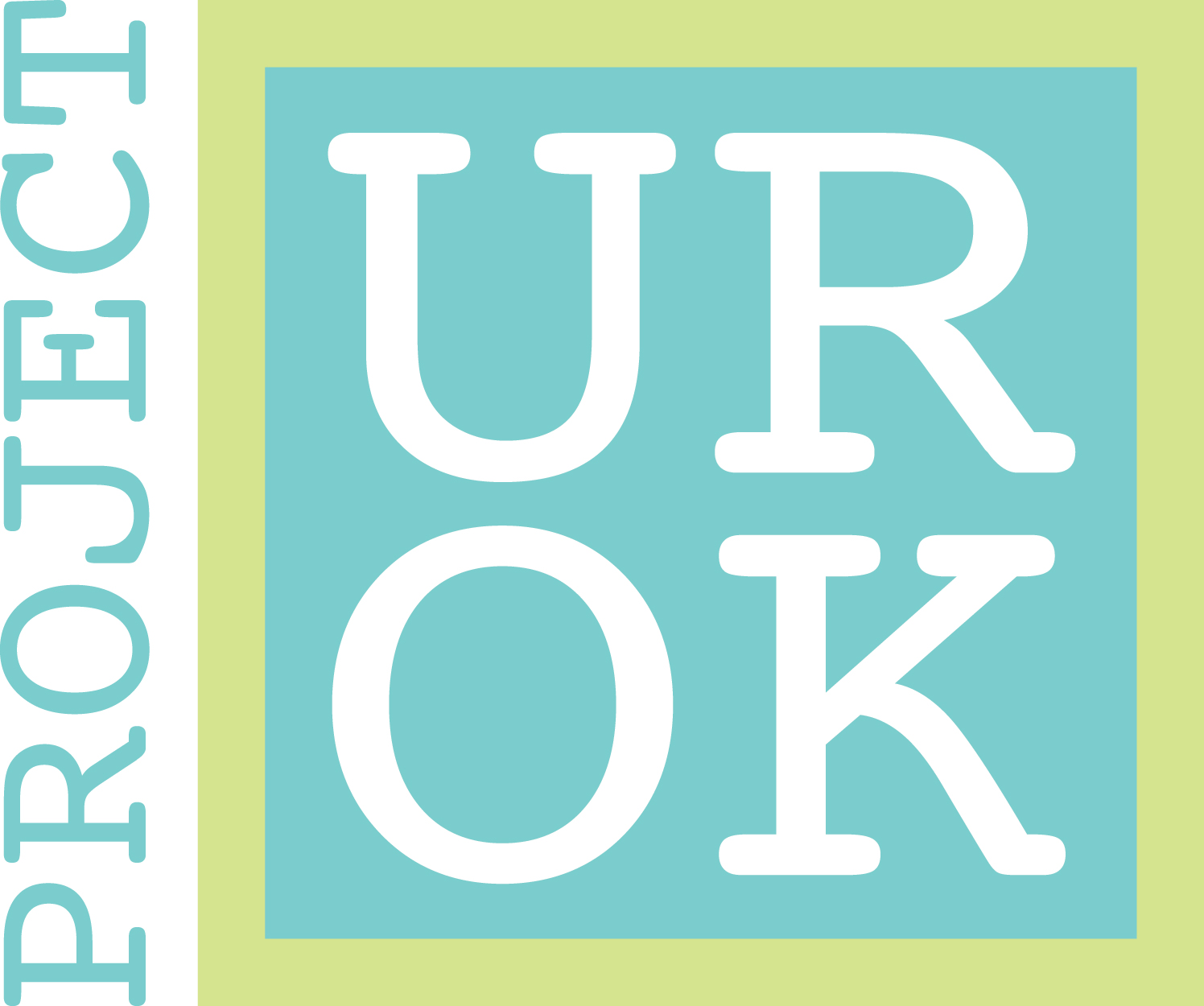Latinx Mental Health: Don't Be Ashamed to Be You
"By celebrating our diversity and proudly sharing our stories we are definitely dispelling myths and fighting stigma." -Rudy
How do you support Latinx mental health?
My approach to advocacy starts with sharing my own vulnerability and the ups and downs of my journey. Instead of hiding my bipolar and anxiety I talk about it on social media and start a dialogue out of it for anyone to join. I also travel and speak for various mental health organizations even though most days I’d prefer to be wrapped up in my blanket in bed.
What are some of the biggest myths you’ve heard about Latinx mental health? How do you dispel these myths and fight stigma?
I’ve often heard that men don’t talk about their mental health because that makes them weak. I used to hold back due to fear of verbal abuse, but I’ve realized that the more I open up the better my mental health is overall.
Another myth is that we are all alike, which is clearly false. There are so many different identities within the Latinx world, and that can have a profound effect (both good and bad) on our mental health. By celebrating our diversity and proudly sharing our stories we are dispelling myths and fighting stigma.
What are some tips you give to young Latinx with mental health concerns?
I'd tell them to learn self-awareness as early as possible and to not worry about being like everybody else. I used to not play rock music around my family because I didn’t want to be teased for “acting white.” Looking back that sounds silly, and I shouldn't have let that stop me from enjoying the things that made me happy. So I'd tell them to be yourself and not be ashamed to be different.
What are some resources you suggest for the Latinx community?
I would suggest going to YouTube, Instagram, and Facebook and get immersed in the Latinx mental health communities on those respective platforms. Thankfully, these communities are growing. They allow you to connect with a much larger number of people than you would find in your hometown and be exposed to a more diverse array of perspectives. These communities aren’t substitutes for healthcare, but I’ve learned so much and met a lot of amazing advocates as a result.

